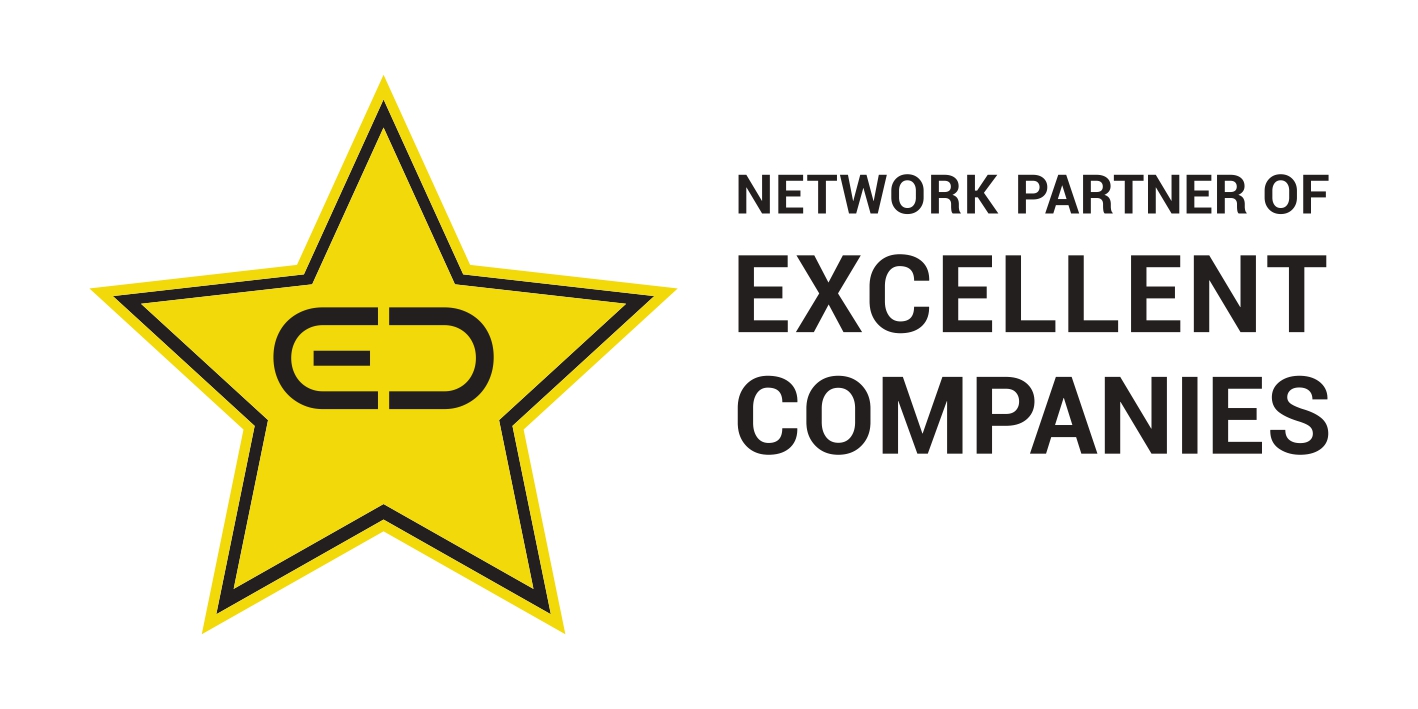February 11th, 2026, posted in for_founders
by Miruna
When building software, you’re bringing together business owners, executives, CTOs, software developers, UI/UX designers, testers, you name it. And in such complex, cross-functional teams, it’s not always easy to communicate efficiently.
You’re bringing together a variety of roles, personalities, and in some cases even cultures. It shouldn't be a surprise when you have trouble communicating - especially when working remotely, across continents.
Since you need to fulfill your goals and build software one way or the other, a big tool you can use is your ability to communicate, and to encourage healthy communication across your team.
In this article, we’re going to talk about the biggest communication challenges you can face in software development - as a business hiring a team to build software for you - and how to solve those issues.
What are the biggest communication challenges in software?
Before you fix a problem, you gotta figure out what that problem is. When you notice you or your team has communication issues, either with you, among one another, or with project stakeholders, you know you have to do something.
When your communication is ineffective and you’re building software, you risk:
- Getting features built wrong. If you don’t communicate well with your developers and they feel unable to ask for help, they might end up coding through their own understanding of what you discussed.
- Extending project timelines. Software projects can run long when your team is confused, lacks information, is micromanaged or pressured.
- Creating friction and losing team members. Bad communication can lead to arguments or a toxic environment. You could lose team members or argue with the business you’re building software for.
Now, when hiring a team to build software for you, you need to find a way to trust that they’ll understand your business and software needs, and that they’ll fulfill them for you. At the same time, they need to find ways to ask you for information, to explain, to clarify, and to give feedback.
All of these things are based on communication. No amount of planning or project mapping is as effective as properly communicating your needs and wants, and encouraging the team you hire to do the same.
Of course, not everyone is a great communicator. In software, you’re working with highly technical people who might not be able to explain code to you. At the same time, you might be so enmeshed with your project and industry that you might have trouble explaining your activity well enough so that someone new could build software for it.
So here are a few things that can cause communication issues as a business working with a software development team:
- Cultural & language differences. In the case of hiring a team from overseas, you have to take into account the inevitable divide your unique cultures and language barrier create. The moment you’re speaking a different language than your mother tongue, you risk being unable to express your thoughts and wishes properly. Not to mention differences between warm and cold cultures - you might be overly friendly while your software team is strictly professional.
- Not being in the same place. Hiring a software team remotely means only communicating through either messaging platforms, video conferencing or phone calls. In this case, it’s difficult to create the same rapport you would if you were in front of each other. It’s hard to notice social cues or to observe body language. This is made worse by holding conferences with cameras off - everyone might be more comfortable, but you can’t see if someone has a concern they can’t voice, is anxious, gives up answering a question, is angry or not paying attention.
- Not setting up communication channels. You can’t communicate well if there’s no place to do so. From the moment you begin a project with a new team, set up a Slack channel of whichever platform you prefer. Or encourage them to email you or set up meetings. A good strategy is setting up regular meetings to get project updates.
- Building very complex software. If you work in a highly specialized, complex industry, and build software for it, it’s very easy to get in trouble. You’re so used to working with like-minded people that you won’t be able to “dumb it down” for someone with 0 knowledge about your field. As long as your development team has no experience with what you do, assume they know absolutely nothing about it.
How to set up better communication in software development
Before we get to specific communication strategies, we want to talk about how to get set up so you and the people who build your software can interact better.
The best strategy is, of course, establishing communication channels. Just like we already mentioned, set up a channel right when the project starts. In the first stage of work, especially if beginning with UI/UX design, the team building your software will have a lot of questions, some of which might be blocking their progress.
Create a Slack or Discord channel and invite key members of your team, and everyone working on the project. If it’s easier for you, encourage everyone to use email but remember to provide all the addresses needed.
You can also set up regular meetings to discuss project progress. Either daily or weekly, depending on the amount of work. Daily meetings work best when development is in progress, but keep in mind they can feel micromanage-y. During product discovery, you can hold weekly meetings.
Here are a few things you should be mindful of:
- Time zone differences. When hiring a team from another country, you gotta keep in mind that your schedules won’t align. They might not feel comfortable replying to emails or messages if, in their time zone, it’s over 7PM. When scheduling meetings or messaging them, make sure it’s during their work hours.
- Cultural differences. We all have different company and ethnicity-based cultures. Be considerate and understanding, and get informed so you don’t make insensitive comments.
- Don’t overdo it. It’s essential to prepare and open communication channels, however, don’t pester your development partners. Asking too many questions about progress can hinder their concentration and create too much pressure, which can be unproductive.
Effective communication strategies in software development
Knowing that you need to communicate, when and where is great, but obviously not enough. What a lot of us might lack in is actual communication: how can you get your message across? How can you efficiently communicate your needs? How do you listen to the team you work with?
In this section, we’re getting down to the specific ways you can communicate better with your software partners. These tips aren’t useful just in this context, but can be very helpful in the long run as you work with different businesses, interact with customers and stakeholders, and manage cross-functional teams.
Here are our top effective communication strategies for software development projects:
Be specific.
A big challenge we face as a software development outsourcing company is truly understanding what our clients want us to build. Oftentimes, we’re told an app should look “pretty” or “modern”, and when it’s done the clients don’t like it.
When hiring someone to build software for you, you need to be specific about what you want to build. And not just that, but you gotta be specific with every little thing you ask for, especially when giving feedback. Saying “I don’t like this color” without saying what you don’t like about it, or suggesting another one, is very unproductive.
You always have to assume that you’re the one who knows what you want, and your software partners can’t know unless you tell them.
Encourage the use of plain language.
In such an activity, being concise, clear, and avoiding jargon goes a long way. This is especially important when working with international teams, as you don’t want language barriers to affect your software.
Avoid writing overly long emails that get no point across: instead, use bullet points and clearly outline what needs to get done. Don’t get into unnecessary details and use conversational language.
Alternatively, you can use ChatGPT or the Hemingway Editor to simplify emails.
Active listening
Be involved in all conversations related to building your software. And by involved, we mean show clear interest, ask questions - especially “why” - take notes and take active part in the conversation.
A good way to take part in active listening is to repeat back what the other person said to you. It’s a great way to show you’re paying attention and to understand what the conversation is about. It’s also useful when taking notes.
Ask for clarifications
The tricky thing about working with software is understanding all the complex terms and concepts. Unless you’re a technical person yourself, you’ll have trouble understanding those terms.
And it goes both ways: when building software for a complex type of business or industry, you need to be aware that your dev partners won’t know all the terms you work with. Be mindful and explain in as much plain language as you can.
And most of all, always ask questions when confused and leave space for questions yourself.
Form feedback loops
If you worry you’re not being fully understood, ask your dev team if they have any questions or concerns and check on their progress to make sure you’re all on the same page. If you’re not, calmly explain what they’re doing wrong and give them suggestions on how to fix that.
How to develop your team’s communication skills
Not everyone is born a great communicator, but that doesn’t mean they can’t be taught. To avoid friction, projects being delayed and features built the wrong way, make sure your entire team is well-versed in communicating in a healthy & transparent way.
Here’s how you can help your team improve their communication skills:
- Hold training sessions & workshops. Hire communication experts or ask your HR team to put together a few training sessions to teach your team members effective communication skills.
- Offer literary and/or video resources. Give your team books or link them to educational videos on the subject. We recommend: "Just Listen: Discover the Secret to Getting Through to Absolutely Anyone" by Gary Chapman and Pam Chapman, "How to Talk to Anyone" by Leil Lowndes, "The Definitive Book of Body Language" by Allan Pease, and - don’t take its title literally - "How to Win Friends & Influence People" by Dale Carnegie.
- Encourage your team to practice & improve. Give them space and resources especially if you notice they struggle with communication.
- Encourage everyone to ask for help when needed. Some of us don’t like asking for help, but that’s so unproductive when building software. Encourage both your own team and your development partners to ask for help whenever they need it.
Overall, you can’t expect your entire team nor your development partners to be the best communicators, but you can encourage them to improve & highlight how important it is - especially for the greater good, which in your case is building software.
If you're looking for great communicators that build awesome software, contact us and let's see what we can build together.

















